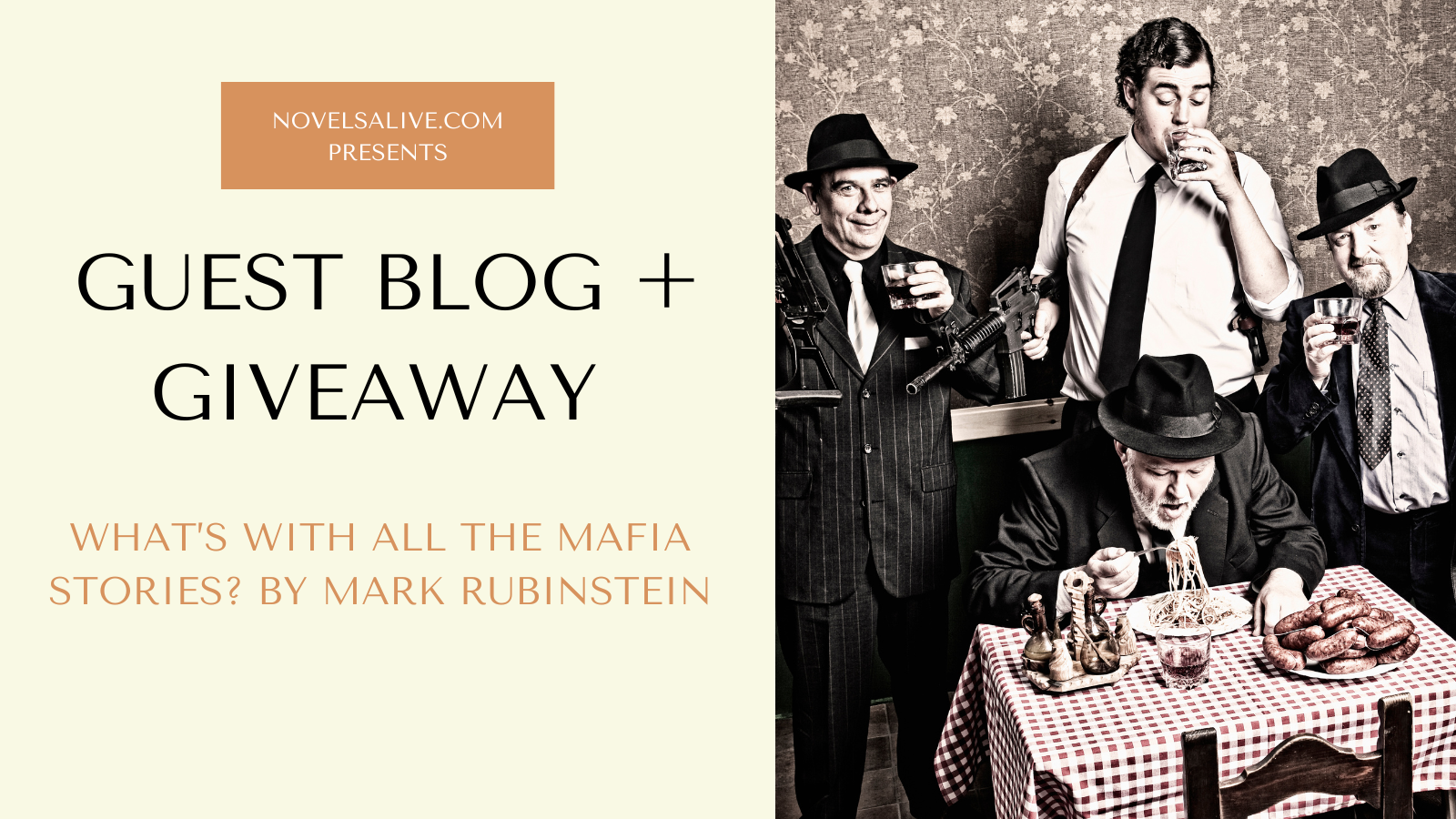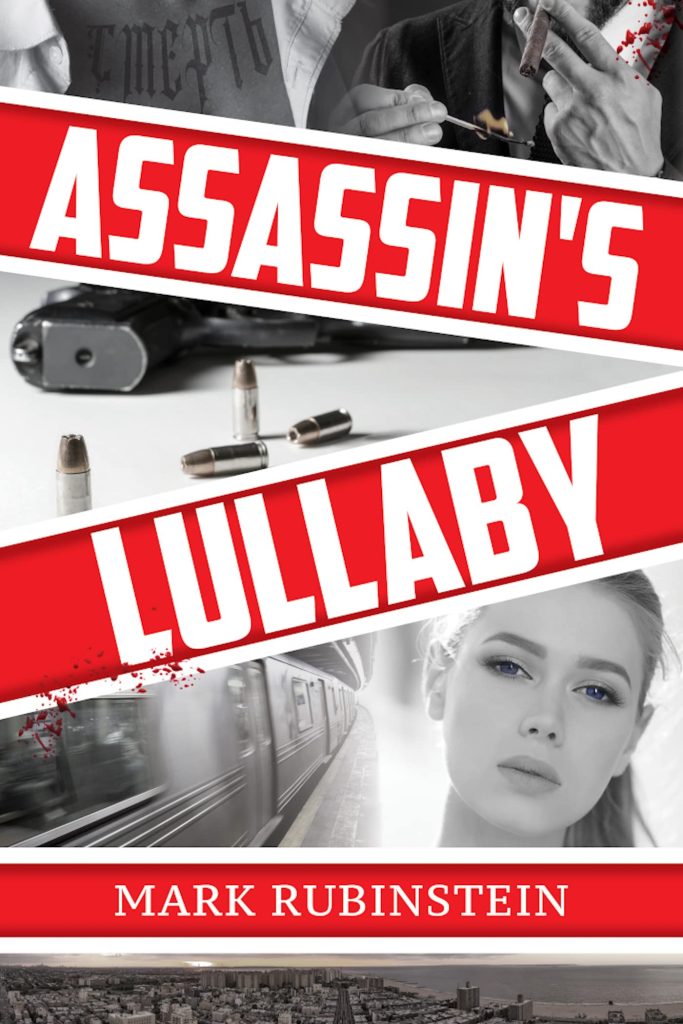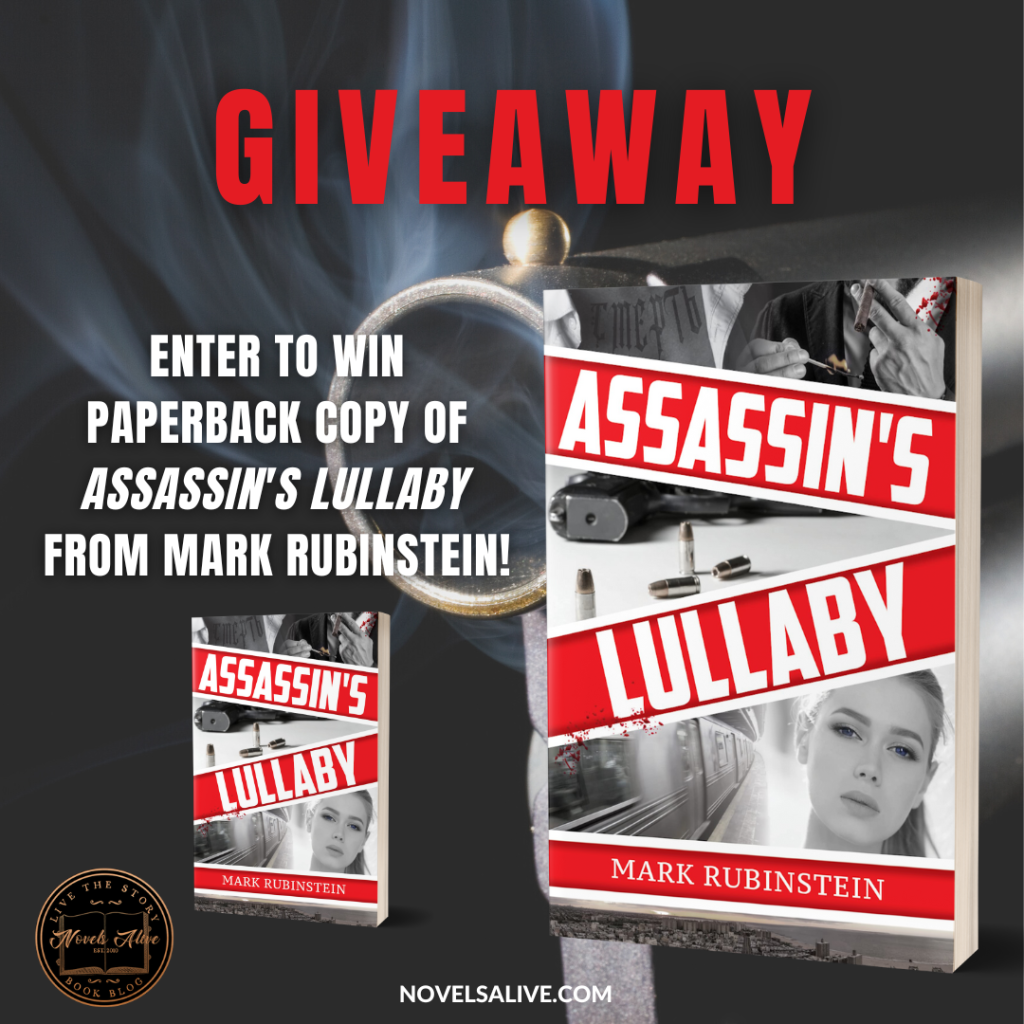 Whether it’s The Godfather, Goodfellas, Casino, Scarface, Breaking Bad, The Sopranos, a Jack Reacher novel, or crime novels by Don Winslow, Nelson DeMille, Dennis Lehane, James Patterson, or other bestselling authors, the mafia will likely make an appearance.
Whether it’s The Godfather, Goodfellas, Casino, Scarface, Breaking Bad, The Sopranos, a Jack Reacher novel, or crime novels by Don Winslow, Nelson DeMille, Dennis Lehane, James Patterson, or other bestselling authors, the mafia will likely make an appearance.
It can be the old Italian mob or Russian Organized Crime, or the Irish or Albanian mafia or the emergence of a Colombian or Mexican cartel kingpin. It can involve the old Untouchables series, the Cagney, Bogart, and Robinson movies of the 30s and 40s, or the more contemporary mafia-thriller renderings. These stories live on in the popular imagination and no doubt, will continue to do so.
Mafia stories seem to have a timeless appeal whether they arise as a blockbuster movie, a nail-biting TV series, or a page-turning bestseller.
There may be many reasons for the enduring popularity of mafia stories whether told on the screen or page.
For one, the mafia may be seen as the realization of the American dream. Against many odds, the mafia Don is depicted as a self-made man who, despite the odds being stacked against him, climbs the economic ladder to success. Though mafiosi are often portrayed as flawed, greedy, and ruthless, they’re pitted against the well-ordered establishment and are portrayed as outsiders who manage to beat the system. Thus, the fictional mafiosi are idealized anti-heroes who succeed in a cruelly hostile world.
We shouldn’t forget that mafiosi are portrayed mythically as “men of honor” bound by a code of intense loyalty and enduring family ties. There’s the well-worn lore that they’re men of passion in an age when such qualities are viewed as rare to non-existent. Of course, this is the fictional mafia while in reality, the mafia (of any ethnic persuasion) corrupts, degrades, and kills. The fictional portrayals romanticize these criminals, often making them heroic figures or anti-heroes. But we all must have our illusions and mafia stories provide us with plenty of illusory lore, especially when it comes to honor, tradition, and family loyalties.
And let’s not overlook the reality that people have always had a morbid fascination with crime, violence and sex, (whether presented in a series like The Sopranos or Game of Thrones) which are richly depicted in countless mafia tales.
There’s the vicarious nature—and the fantasy—of the forbidden and exciting criminal life depicted in stories involving the dark side of human nature. It’s a darkness we find compellingly attractive. This is especially true for sex, vengeance, and violence. These hidden (largely unacceptable) urges are often at the deeply buried core of our beings, and run rampant in virtually all mafia stories.
How else can we explain the popularity, not only of mafia tales, but of boxing, professional wrestling, and mixed martial arts, otherwise known as cage fighting? In essence, mafia tales appeal to the primal urges that lie deeply buried within us. And whether reading a crime novel, watching a mafia television series, or sitting in a movie theater, we can get our vicarious fix of these forbidden fruits.
Publication Date: June 21, 2022
 In every life, there lurks catastrophe.
In every life, there lurks catastrophe.
So believes Eli Dagan, a thirty-nine-year-old man whose traumatic past led to his service as an assassin for the Mossad. He now lives in New York City, where under various assumed names he’s a contract killer.
Anton Gorlov, the head of the Brooklyn-based Odessa mafia, has a new and challenging assignment for Eli. Gorlov wants to leave the country permanently, so all loose ends must be eliminated. He’s willing to pay $1 million for a task divided into two parts. The job involves extreme measures along with unprecedented danger for Eli, who has lived a ghostly existence over the last ten years.
Is accepting Gorlov’s offer a subliminal death wish? Or is it a way to reclaim part of his damaged soul?
For the first time since his pregnant wife and parents were killed by a suicide bomber years earlier, Eli Dagan faces challenges that will reconnect him with his blighted past and may yet offer hope for a new and better life.


[rafflepress id=”99″]


 Mark Rubinstein was born in Brooklyn, New York. He dreamed of playing baseball for the Brooklyn Dodgers since his all-time hero was the Dodgers’ first baseman Gil Hodges. Rubinstein played high school baseball and ran track. His love of sports led him to read sports fiction, and soon he became a voracious reader, developing an enduring love for all kinds of novels.
Mark Rubinstein was born in Brooklyn, New York. He dreamed of playing baseball for the Brooklyn Dodgers since his all-time hero was the Dodgers’ first baseman Gil Hodges. Rubinstein played high school baseball and ran track. His love of sports led him to read sports fiction, and soon he became a voracious reader, developing an enduring love for all kinds of novels.
He graduated from New York University with a degree in business administration. He then served in the army and ended up as a field medic tending to paratroopers of the 82nd Airborne Division. He was so taken with these experiences that after his discharge, he re-entered NYU as a premed student.
He entered medical school at the State University of New York’s Downstate Medical Center. As a medical student, he developed an interest in psychiatry, discovering in that specialty the same thing he realized in reading fiction: every patient has a compelling story to tell. He became a board-certified psychiatrist practicing in New York City.
In addition to running his private practice he developed an interest in forensic psychiatry because the drama and conflict of the cases and courtrooms tapped into his personality style. He also taught psychiatric residents, interns, psychologists, and social workers at New York Presbyterian Hospital and became a clinical assistant professor at Cornell University’s medical school.
Before turning to fiction, Rubinstein coauthored five medical self-help books: The First Encounter: The Beginnings in Psychotherapy (Jason Aronson); The Complete Book of Cosmetic Facial Surgery (Simon and Schuster); New Choices: the Latest Options in Treating Breast Cancer (Dodd Mead); Heartplan: A Complete Program for Total Fitness of Heart & Mind (McGraw-Hill), and The Growing Years: A Guide to Your Child’s Emotional Development from Birth to Adolescence (Atheneum).
Rubinstein lives in Connecticut with his wife and as many dogs as she will allow in the house. He still practices psychiatry and is busily writing more novels. Mad Dog House, his first novel, was named a Finalist for the 2012 ForeWord Reviews Book of the Year Award (Thriller & Suspense) and The Foot Soldier won the Silver award for Fiction at the 2014 Benjamin Franklin Awards.


















The book sounds like a very interesting read.
[…] Mark Rubinstein wrote a guest blog on the website Novels Alive. In it, he talks about the enduring popularity of mafia stories and discusses his lately novel, Assassin’s Lullaby. Read the full post here. […]
[…] Mark Rubinstein’s Assassin’s Lullaby was featured on the J L Buck Mystery Blog. You can read the full post here. […]